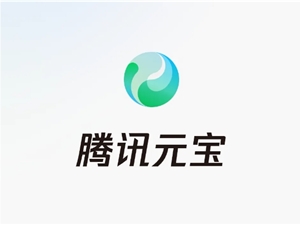The Beatles, who have left a profound mark on music history, are making a comeback to the Grammy Awards after half a century. Their new song, "Now and Then," created with the help of AI technology, has been nominated for both Record of the Year and Best Rock Performance, placing them in competition with contemporary artists like Beyoncé and Sabrina Carpenter, painting a vivid musical landscape of the times.
Last year, Paul McCartney decided to create "the final record of the Beatles." Contrary to concerns about deepfake AI technology, McCartney chose a more sentimental approach: they used AI to restore a poor-quality demo tape left by John Lennon in 1978.

Image source: Picture generated by AI, authorized by Midjourney
This innovative idea was inspired by Peter Jackson's documentary "The Beatles: Get Back." In this 2021 film, dialogue editor Emilie Dralie successfully separated the voices of each band member from noisy background sounds using AI technology. This technique was later also used by producer Giles Martin to remaster the band's 1966 album "Revolver" in stereo.
The principle of this AI audio processing technology is similar to the noise reduction features of video call platforms like FaceTime, Google Meet, or Zoom. By training on specific targets (whether human voices in video calls or specific instruments in a recording studio), AI can accurately separate the target sounds from the recordings.
Interestingly, among the nominees for Record of the Year, "Now and Then" has the lowest Spotify plays, with only 78 million. This raises the question: Can this legendary band win purely on novelty against contemporary artists like Billie Eilish and Kendrick Lamar? If we were to judge by the standard of "The Beatles were more popular than Jesus," it seems that Charli XCX has also reached this level today.








